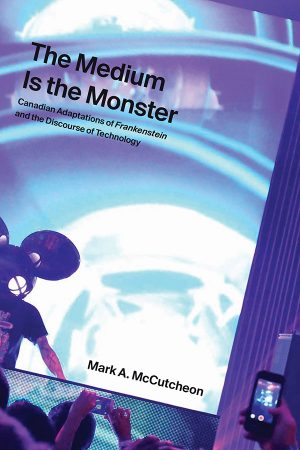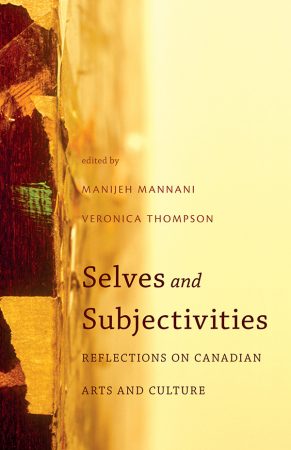Subjects: Cultural Studies, Film, Literary Theory and Criticism
Imprint: AU Press
- 9781927356869 (paperback)
- 9781927356876 (pdf)
- 9781927356883 (epub)
The current political climate of confrontation between Islamist regimes and Western governments has resulted in the proliferation of essentialist perceptions of Iran and Iranians in the West. Such perceptions do not reflect the complex evolution of Iranian identity that occurred in the years following the Constitutional Revolution (1906–11) and the anti-imperialist Islamic Revolution of 1979. Despite the Iranian government’s determined pursuance of anti-Western policies and strict conformity to religious principles, the film and literature of Iran reflect the clash between a nostalgic pride in Persian tradition and an apparent infatuation with a more Eurocentric modernity. In Familiar and Foreign, Mannani and Thompson set out to explore the tensions surrounding the ongoing formulation of Iranian identity by bringing together essays on poetry, novels, memoir, and films. These include both canonical and less widely theorized texts, as well as works of literature written in English by authors living in diaspora.
Challenging neocolonialist stereotypes, these critical excursions into Iranian literature and film reveal the limitations of collective identity as it has been configured within and outside of Iran. Through the examination of works by, among others, the iconic female poet Forugh Farrokhzad, the expatriate author Goli Taraqqi, the controversial memoirist Azar Nafisi, and the graphic novelist Marjane Satrapi, author of Persepolis, this volume engages with the complex and contested discourses of religion, patriarchy, and politics that are the contemporary product of Iran’s long and revolutionary history.
Table of Contents
- Familiar and Foreign: An Introduction / Manijeh Mannani and Veronica Thompson
- 1. The Development of the Artistic Female Self in the Poetry of Forugh Farrokhzad / Safaneh Mohaghegh Neyshabouri
- 2. Overcoming Gender: The Impact of the Persian Language on Iranian Women’s Confessional Literature / Farideh Dayanim Goldin
- 3. Autobiomythography and Self-Aggrandizement in Iranian Diasporic Life-Writing: Fatemeh Keshavarz and Azar Nafisi / Manijeh Mannani
- 4. Graphic Memories: Dialogues with Self and Other in Marjane Satrapi’s Persepolis and Persepolis 2 / Mostafa Abedinifard
- 5. Mr. and Mrs. F and the Woman: Personal Identities in Zoya Pirzad’s Like All the Afternoons / Madeleine Voegeli
- 6. Anxious Men: Sexuality and Systems of Disavowal in Contemporary Iranian Literature / Blake Atwood
- 7. Reading the Exile’s Body: Deafness and Diaspora in Kader Abdolah’s My Father’s Notebook / Babak Elahi
- 8. Persian Literature of Exile in France: Goli Taraqqi’s Short Stories / Laetitia Nanquette
- 9. Farang Represented: The Construction of Self-Space in Goli Taraqqi’s Fiction / Goulia Ghardashkhani
- 10. Film as Alternative History: The Aesthetics of Bahram Beizai / Khatereh Sheibani
- 11. Technologies of Memory, Identity, and Oblivion in Persepolis (2007) and Waltz with Bashir (2008) / William Anselmi and Sheena Wilsons
- Contributors
This work is licensed under a Creative Commons License (CC BY-NC-ND 4.0). It may be reproduced for non-commercial purposes, provided that the original author is credited.
![[book cover] Familiar and Foreign](https://www.aupress.ca/app/uploads/120245_Familiar-and-Foreign-cover-400x600.jpg)



